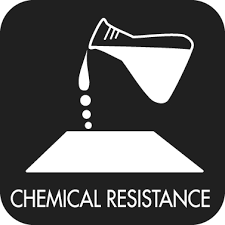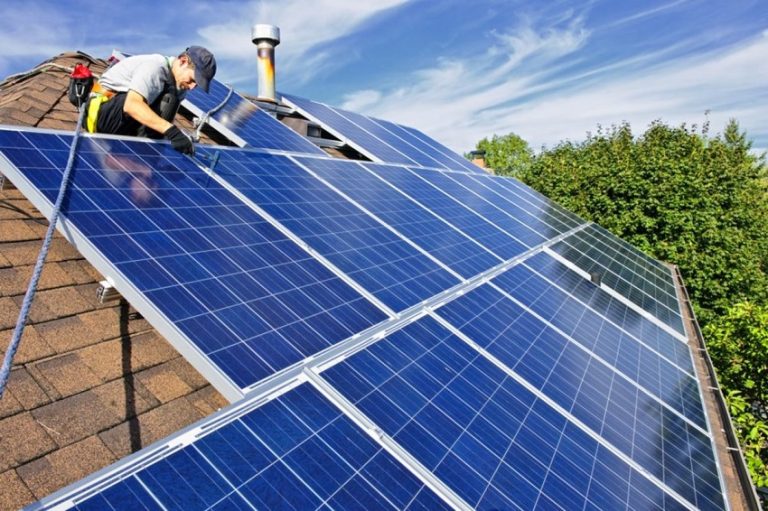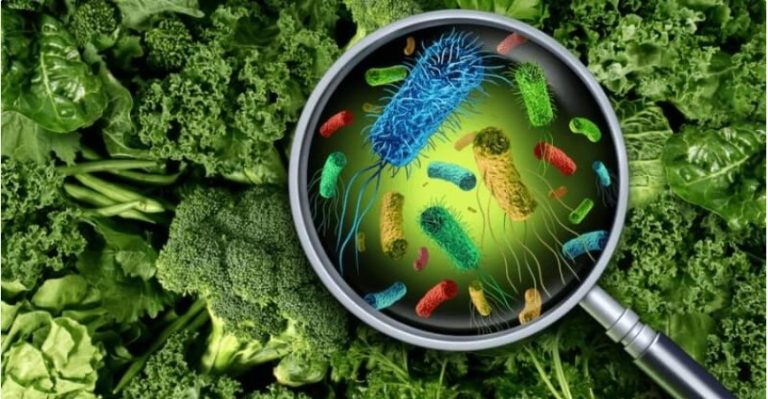There are several different materials with high chemical resistance, but they all have different benefits. While most have a high level of chemical resistance, others can only handle certain substances. Using materials that are not chemically resistant will result in rapid degradation of the polymer bonds. This can cause materials to lose their strength and impact toughness, which will result in a short life span and eventual failure of the component or machine. For this reason, selecting materials with high chemical resistance is essential for manufacturing and laboratory equipment.

The chemical resistance of a polymer largely depends on its chemistry. High concentrations of a particular chemical can reduce its resistance. Increasing temperature, pressure, and exposure time can decrease chemical resistance. Other factors, such as the presence of additives, can have an impact on chemical resistance. Some materials are more resistant than others, so it is important to consider the environment in which the material will be used.
Fluorocarbon-based plastics are also a good choice. Fluorocarbon-based plastics are characterized by multiple strong carbon-fluorine bonds. These polymers are particularly resistant to acids and bases. As a result, they’re a great choice for many engineering applications.
Polypropylene is another good material for outdoor equipment because of its low melting point. Cross-linked polyethylene is another type of high-density plastic that offers additional chemical resistance. Cross-linked polyethylene has cross-link polymer bonds to improve its high-temperature properties. It’s also easy to fabricate and is available in pipe and sheet form.
The chemical resistance of electroless nickel depends on the deposit alloy. The amount of phosphorus in the coating will affect its corrosion resistance. However, there are other factors that can improve corrosion resistance. For example, an effective pre-plating process, high-quality bath chemicals, and exact coating thickness are important factors in enhancing the coating’s corrosion resistance. The higher the phosphorus content, the better the coating will be at resisting corrosion.
Low-phosphorus plating provides the hardest coating, while high-phosphorus plating is softer and less durable. While all plating processes improve the hardness of their coatings, baking will diminish their corrosion resistance. Electroless nickel plating uses chemical reduction while electrolytic nickel plating requires an electric current. There are fewer complications with electroless nickel, and it is not necessary to filter the coating. For Electroless Nickel Coating, go to https://www.poeton.co.uk/standard-treatments/electroless-nickel-plating

The reason for the high degree of chemical resistance offered by electroless nickel is that it is highly durable. By virtue of its low porosity and amorphous finish, electroless nickel creates a real barrier around the component. In addition to providing excellent corrosion resistance, electroless nickel has a long shelf life compared to conventional coatings.














